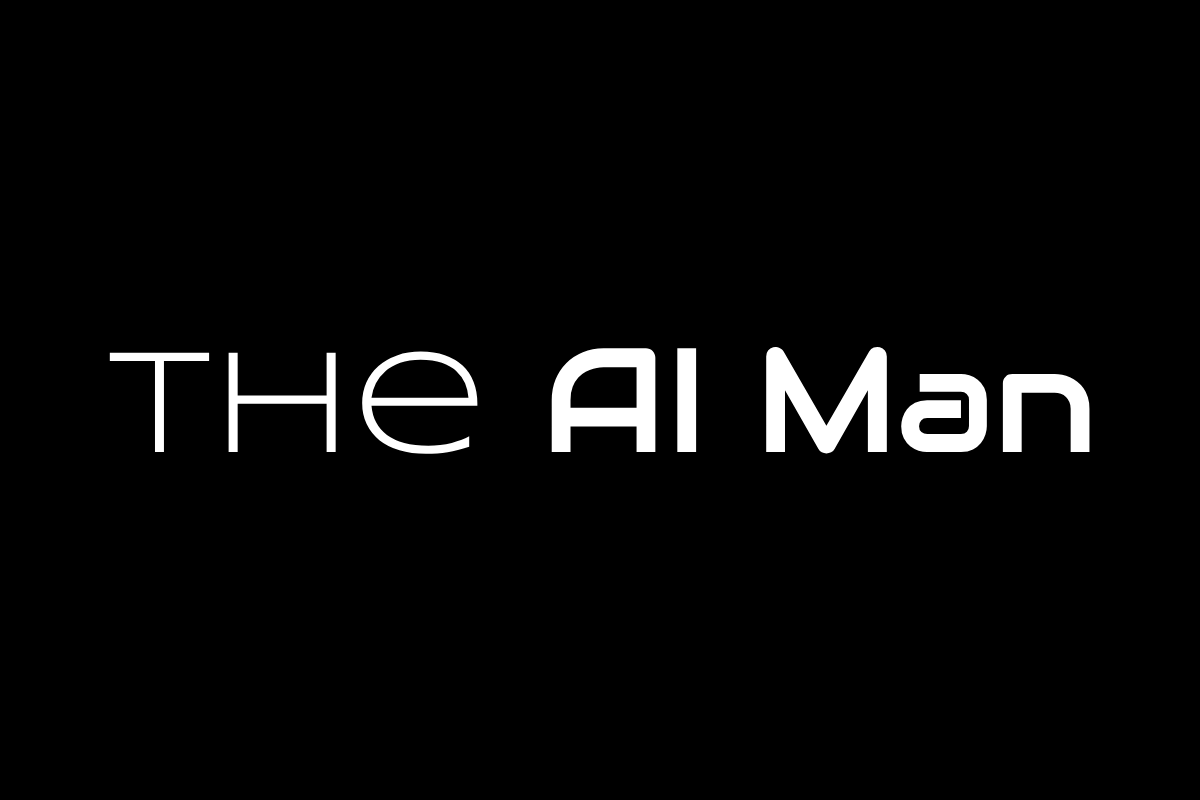
Picture this: Yesterday, your startup idea was just scribbles on a whiteboard. Today, you're shipping a working prototype to real users. That's not Silicon Valley fairy tale anymore—that's the GPT-5 reality that just dropped on August 7th, 2025. OpenAI's latest model isn't just another incremental upgrade; it's the difference between "let me think about building this" and "let me actually build this right now."
The Numbers That Actually Matter
Why This Changes Everything for Your Business:
Coding Performance: GPT-5 scored 74.9% on SWE-bench Verified compared to GPT-4's measly 52% (OpenAI). This isn't toy problems—these are real GitHub issues that stumped human developers.
Error Reduction: 22% fewer major errors and six times fewer hallucinations than previous models (Jagran Josh). When you're building a startup, accuracy isn't nice-to-have—it's survival.
Speed: During OpenAI's demo, someone asked for "a beautiful, interactive web app to learn French" and got a fully functional application in about a minute (Wired). Not code snippets—a complete, deployed app.
Market Growth: ChatGPT jumped from 500 million to 700 million weekly users in five months, with 5 million paying business customers (CNBC). That's not gradual adoption; that's a digital stampede.

GPT-5 Performance Benchmarks vs Previous Models
Together With CustomGPT.ai

We all love AI tools like ChatGPT—but what if it could only access your company’s information?
That’s exactly what CustomGPT.ai does.
You upload your docs, PDFs, website, or knowledge base—CustomGPT gives your team instant, 100% accurate answers, backed by source citations.
✅ No hallucinations
✅ SOC 2 + GDPR compliant
✅ 10 AI agents included
✅ No-code, no training required
Real-World Applications That Print Money
Three Game-Changing Use Cases for Founders:
MVP Development: Companies report going from customer interview insights to testable prototypes in the same day. GPT-5's "agentic workflows" chain together complex tasks without human intervention between steps.
Customer Support: 70-80% of customer inquiries resolved without human intervention, compared to 40-50% with previous AI models. The 0.7% hallucination rate (vs GPT-4's 5.7%) means you can actually trust it with customers (Vellum AI).
Market Research: Feed GPT-5 competitor websites, product docs, and customer reviews. It synthesizes insights about market positioning and feature gaps that might take human analysts weeks to uncover.
Cost Reality Check: Analyzing your entire startup's codebase costs about $3-5, generating a complete web app runs $15-25 (Artificial Analysis). These aren't vanity metrics—they're business advantages.

Your 48-Hour Implementation Strategy
Getting Started Without Overthinking It:
Hours 1-4: Upgrade to ChatGPT Business ($25/month), set up API access, test with one real business challenge.
Hours 5-24: Integrate with your existing tools, develop standard prompting strategies for recurring tasks, train your team on effective usage patterns.
Hours 25-48: Deploy in production workflows starting with low-risk applications, set up monitoring for business metrics, create backup processes for critical applications.
The Technical Reality: GPT-5 excels at coding, content generation, and multi-step reasoning. It still struggles with real-time data and complex mathematical modeling. Know the boundaries.

The Competitive Landscape Just Shifted
Here's the uncomfortable truth: GPT-5 isn't just another tool in the startup toolkit—it's becoming the operating system that ambitious founders use to outpace traditional competitors. With OpenAI's valuation hitting $300 billion after an oversubscribed $8.3 billion funding round (Economic Times), investors clearly see what's coming.
The founders who master GPT-5 in the next 48 hours won't just build faster—they'll create competitive moats through accelerated market learning and iteration cycles. While traditional development teams are still in planning meetings, GPT-5-enabled founders are already collecting user feedback on working prototypes.
The question isn't whether your startup should adopt GPT-5, but whether you can afford to let competitors get there first. The game has changed, and the scoreboard is about to get very interesting.

